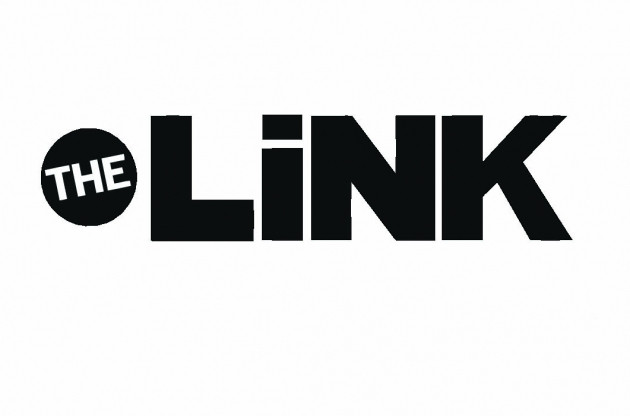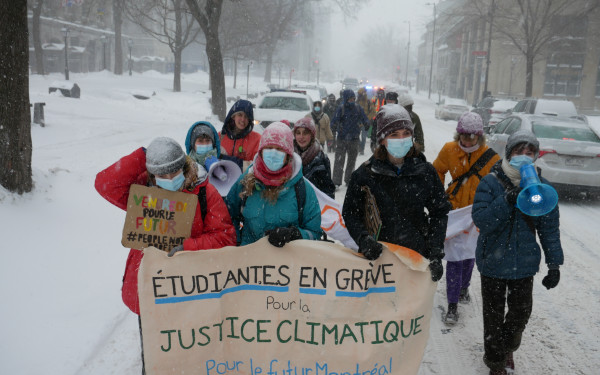Joe Oliver and The Pipeline Problem
Why Canada’s Natural Resources Minister Needs to Go
On Jan. 9, The Globe and Mail published an open letter from Natural Resources Minister Joe Oliver, who warned that “environmental and other radical groups” were seeking to block the opportunity to diversify Canada’s trade.
A few days later, U.S. President Barack Obama informed Prime Minister Stephen Harper of his administration’s decision to turn down TransCanada’s application to build and operate the Keystone XL pipeline, which was slated to transport oil from the Athabasca oil sands in Alberta down to the American Gulf Coast.
Which leaves one to wonder—does Mr. Oliver think President Obama is a radical?
In an attack on environmental groups, Oliver wrote, “Their goal is to stop any major project, no matter what the cost to Canadian families in lost jobs and economic growth. No forestry. No mining. No oil. No gas. No more hydro-electric dams…
“They attract jet-setting celebrities with some of the largest personal carbon footprints in the world to lecture Canadians not to develop our natural resources.”
One of the natural resource developments Oliver was referring to was the Northern Gateway project.
The project is a proposal by Enbridge, a Canadian oil and gas giant, to build two pipelines that stretch 1,177 km between the oil sands and the West Coast of British Colombia.
Transporting more than half a million barrels of oil per day, this $5.5 billion project would cross salmon rivers, coastal rainforests and sensitive marine waters. From the coast, a tanker would transport the extracted bitumen to refineries in Asia, California and elsewhere.
None of that matters to the minister, however, because, “increasing trade will help ensure the financial security of Canadians and their families.”
But how much will Canadians really benefit from this ‘profitable’ venture? Enbridge itself only estimates that the Northern Gateway will create 104 permanent jobs in Canada, along with 200 subsidiary jobs.
The Communications, Energy and Paperworkers Union of Canada found that shipping unprocessed bitumen crude out of the country means exporting 40,000 jobs out of Canada. You don’t need to be a math whiz to see what’s best for Canada’s trade here.
Not only will the pipeline destroy ecosystems and export jobs away from home, but the Northern Gateway will negatively affect the lifestyles of about thirty First Nations communities.
So when Oliver says, “Our regulatory system must be fair, independent, consider different viewpoints, including those of Aboriginal communities,” he really means that he will listen to them if they approve the project.
Aboriginals in this area depend on the region’s land and water for their livelihoods, culture and health. The pipeline would threaten the economic wellbeing of the communities of British Columbia that depend on fisheries and forests.
Oliver said he wanted financial security of Canadians and their families, so why would he destroy these communities? Most of them are opposed to this project. Does being objective mean not listening to the minority?
The tar sands are the fastest-growing source of greenhouse gas emissions in Canada and are probably the main reason why Harper decided to withdraw from the Kyoto Protocol. It’s important to diversify Canada’s energy markets, but why should Canada’s natural resources be sacrificed when other forms of energy are available?
Joe Oliver has failed to present an energy strategy to Canada and, with no energy policy, is still importing more than half of the oil it uses.
When Oliver talks about Canada being on the edge of a historic choice, I think he’s right. Canada’s future depends on whether or not the natural resources minister will be replaced by a more competent person.







__600_375_90_s_c1.jpg)